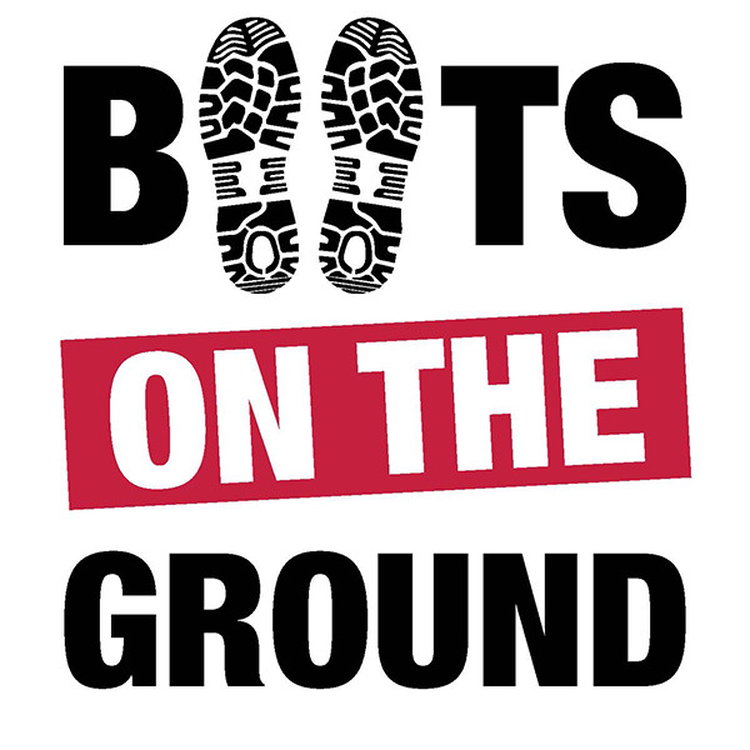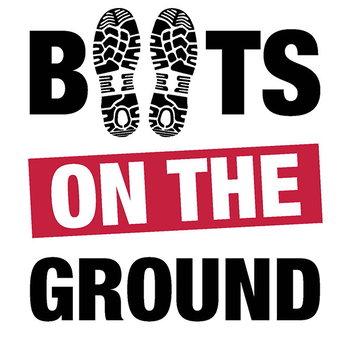
The sombre stories of pupils at rural government schools
Loading player...
In this episode of 'Boots On The Ground', we follow a pupil to a rural school. Among the issues we hear about are drug use at primary schools, a school with only two teachers for nine subjects, and we speak to civil organisations.
About 41% of pupils who started school 12 years ago did not make it to grade 12 last year. We go on the ground to determine the real impact of the most disadvantaged schools and pupils.
The Schools Act compels the education department to follow up on dropouts by investigating the pupil's absence from school and provide a remedy, but not much progress has been made. The department works with other government departments, including social development and police, to tackle societal challenges that overlap at schools.
Civil organisations concerned about education, such as Equal Education, the Zero Dropout Campaign and the Legal Resources Centre (LRC), chat to us and we ask the education department to account.
One high school showed us a sachet of a white powder drug they confiscated from a pupil on the day of our visit. It was a shocker when we visited primary schools and they also complained of drug use by pupils aged between six and 13.
Civil organisations accuse government of being disconnected to what is happening on the ground.
All South Africans have a right to basic education and the Bill of Rights obliges the government to progressively make education available and accessible to everyone through reasonable measures.
The end of this month will mark 10 years since basic education minister Angie Motshekga signed an agreement compelling the department to ensure every school is a proper school after civil organisations took the department to court. Ten years later, the department has not complied. In this podcast documentary you will see the life of a rural child attending a government school and hear from civil organisations about the progress with infrastructure.
Some regions, such as the Eastern Cape, regularly receive learning material late. The LRC launched litigation to force the department to provide stationery to around 3,000 schools in the province. The provincial department argued it had no funds for stationery and textbooks, yet it had to return R205m in unused funds to National Treasury. Again this year the same province forfeited R100m in unused funds. Asked about this contradiction by Boots On The Ground the department could not explain. The Daily Dispatch reported the department continues to underspend despite forking out R553m since 2019 on consultants to assist in spending and planning infrastructure projects.
You will hear about the use of drugs by primary schoolchildren and a school that has only two teachers giving lessons in more than nine subjects in a multi-graded school divided into two classrooms.This is one of the nearly5,000 multi-graded schools in SA.
In this financial year the basic education department was allocated R22bn by Treasury. An additional R48.7bn allocated to the education infrastructure grant is meant to fix infrastructure backlogs at schools that don’t meet the basic norms and standards.
Rhodes University professor responsible for education research, Zingiswa Jojo, says extra mural activities at schools are important to keep children away from drugs and other substances. She noted a decline in such activities at schools over the years.
She says ordinarily in rural schools classes from grades 1 to 9 do not finish the syllabus.
'Boots On The Ground' is a TimesLIVE production. The podcast is nominated in the 2023 Radio Awards as the best podcast together with its sister podcast 'Eusebius on TimesLIVE'.
About 41% of pupils who started school 12 years ago did not make it to grade 12 last year. We go on the ground to determine the real impact of the most disadvantaged schools and pupils.
The Schools Act compels the education department to follow up on dropouts by investigating the pupil's absence from school and provide a remedy, but not much progress has been made. The department works with other government departments, including social development and police, to tackle societal challenges that overlap at schools.
Civil organisations concerned about education, such as Equal Education, the Zero Dropout Campaign and the Legal Resources Centre (LRC), chat to us and we ask the education department to account.
One high school showed us a sachet of a white powder drug they confiscated from a pupil on the day of our visit. It was a shocker when we visited primary schools and they also complained of drug use by pupils aged between six and 13.
Civil organisations accuse government of being disconnected to what is happening on the ground.
All South Africans have a right to basic education and the Bill of Rights obliges the government to progressively make education available and accessible to everyone through reasonable measures.
The end of this month will mark 10 years since basic education minister Angie Motshekga signed an agreement compelling the department to ensure every school is a proper school after civil organisations took the department to court. Ten years later, the department has not complied. In this podcast documentary you will see the life of a rural child attending a government school and hear from civil organisations about the progress with infrastructure.
Some regions, such as the Eastern Cape, regularly receive learning material late. The LRC launched litigation to force the department to provide stationery to around 3,000 schools in the province. The provincial department argued it had no funds for stationery and textbooks, yet it had to return R205m in unused funds to National Treasury. Again this year the same province forfeited R100m in unused funds. Asked about this contradiction by Boots On The Ground the department could not explain. The Daily Dispatch reported the department continues to underspend despite forking out R553m since 2019 on consultants to assist in spending and planning infrastructure projects.
You will hear about the use of drugs by primary schoolchildren and a school that has only two teachers giving lessons in more than nine subjects in a multi-graded school divided into two classrooms.This is one of the nearly5,000 multi-graded schools in SA.
In this financial year the basic education department was allocated R22bn by Treasury. An additional R48.7bn allocated to the education infrastructure grant is meant to fix infrastructure backlogs at schools that don’t meet the basic norms and standards.
Rhodes University professor responsible for education research, Zingiswa Jojo, says extra mural activities at schools are important to keep children away from drugs and other substances. She noted a decline in such activities at schools over the years.
She says ordinarily in rural schools classes from grades 1 to 9 do not finish the syllabus.
'Boots On The Ground' is a TimesLIVE production. The podcast is nominated in the 2023 Radio Awards as the best podcast together with its sister podcast 'Eusebius on TimesLIVE'.

